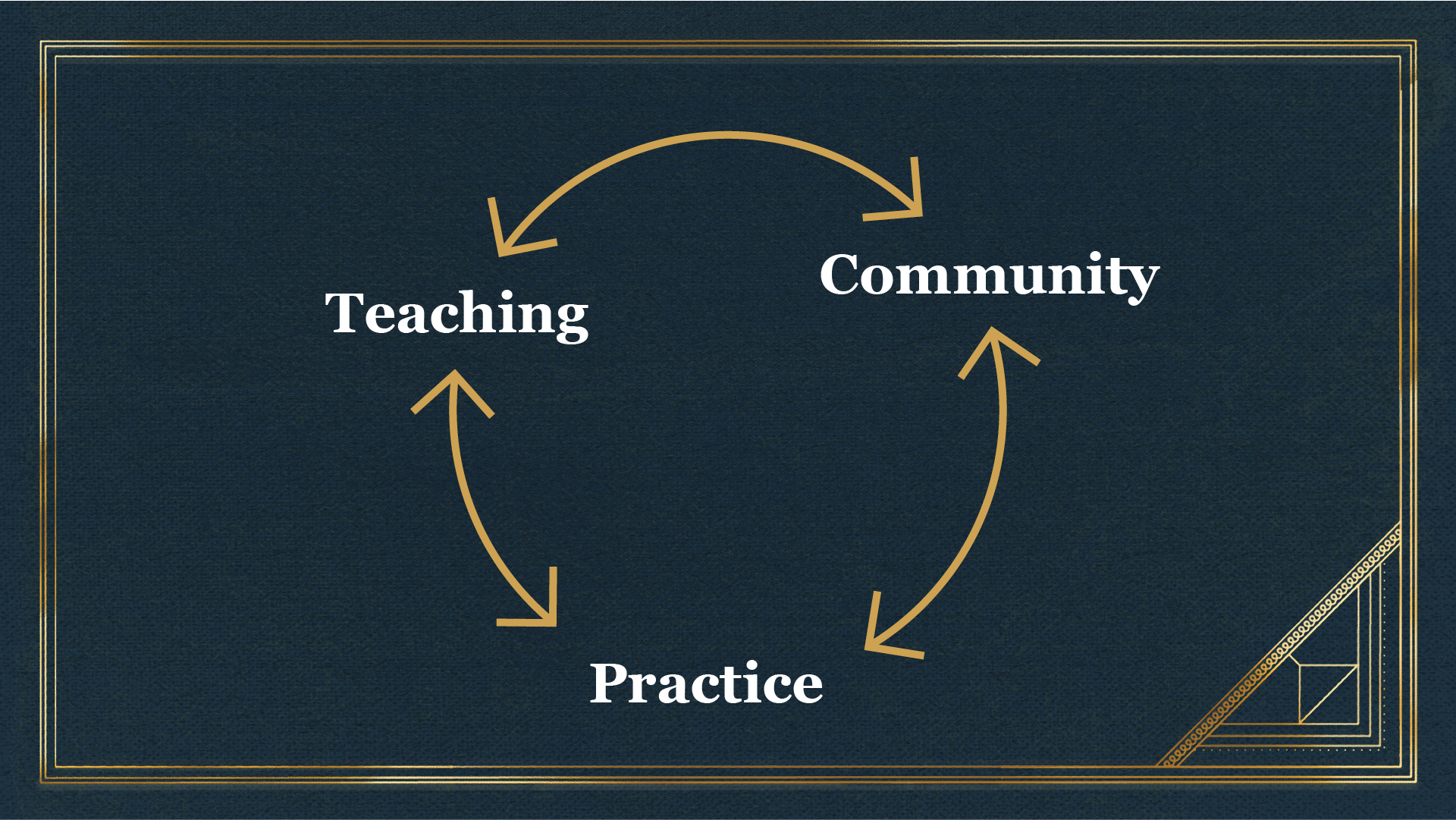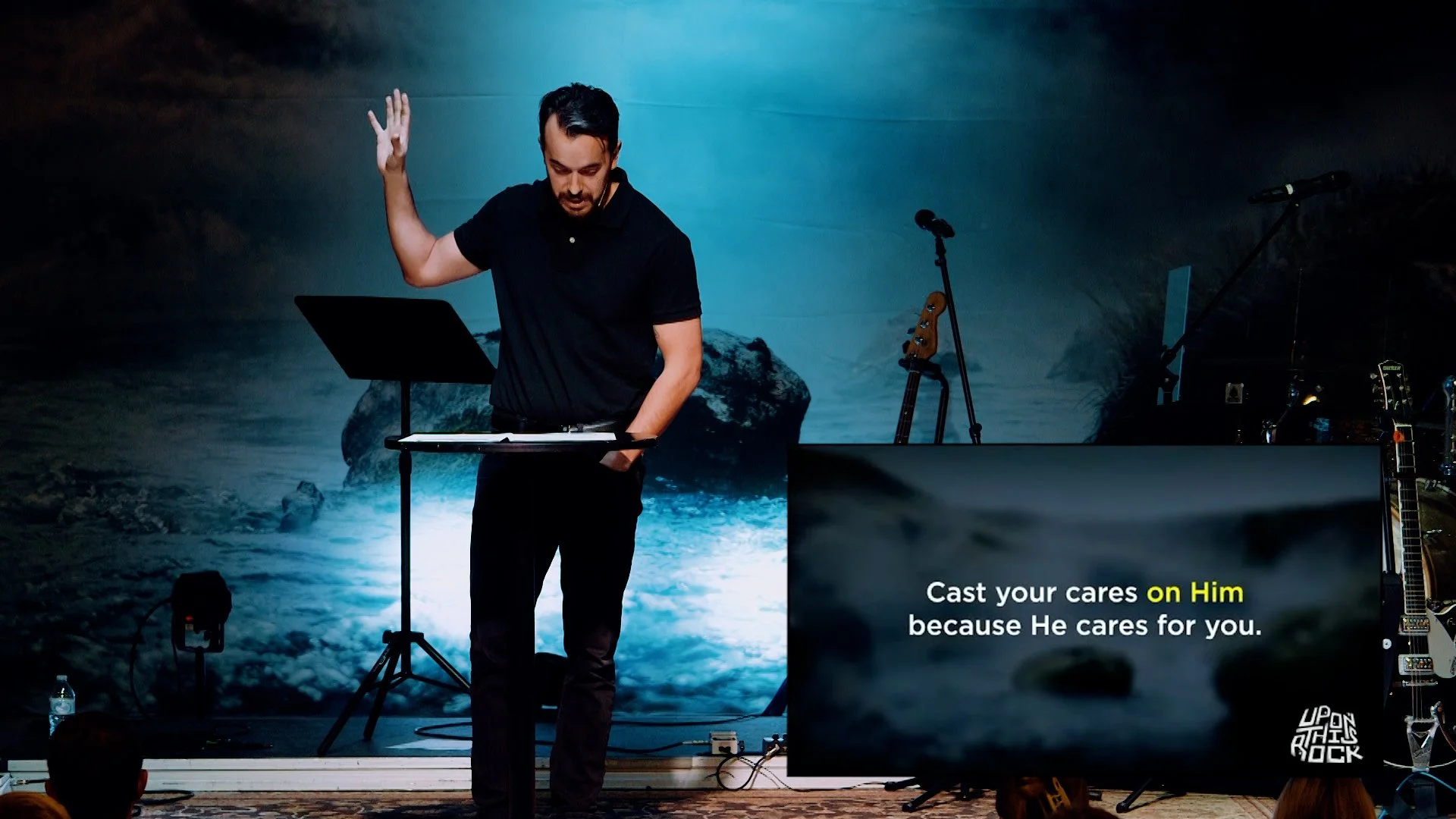Sermon by Jake Blair on May 28, 2023.
Last week we discussed how to get Heaven into us. This week we look at Colossians 3:18-21 and ask, “How can we get Heaven into our families?” Paul does this by explicitly addressing the family breakdowns in Rome. So what are the family breakdowns in our time and place, and how can we push back against them?
RESOURCE ROUNDUP | WEEK 7
Watch
Parenting Resources from Midtown Fellowship There are a million voices and blogs telling you what to do and not do as a parent. So we created and pooled together some of the best parenting content to help!
“Marriage: Forgiving and Forbearing” from Desiring God (53 minutes) Colossians speaks to the importance of marriage. Ephesians 5 is also a great text in the New Testament, further unpacking that. In this sermon, John Piper speaks to how marriage is a pointer to the work of Jesus.
LISTEN
“How do I Not Provoke My Children?” from Desiring God (12 minutes) Colossians 3:21 warns against fathers provoking children. But what could that look like?
”Family of God” from The Bible Project A podcast series on the biblical theme of family from Dr. Tim Mackie and Jon Collins. Enjoy!
The Family of God sermon series from Midtown Fellowship How we love our neighbor reflects our love for God and how we love God manifests itself in how we love our neighbor. And the reality is, while our “neighbor” encompasses everyone, it most immediately applies to who we share a home with and see daily. Check out our sermons from 2021 as we unpack this more.
READ
Habits of the Household by Justin Whitmel Earley “Discover simple habits and easy-to-implement daily rhythms that will help you find meaning beyond the chaos of family life as you create a home where kids and parents alike practice how to love God and each other.”
Family Worship by Donald Whitney “Gathering together for worship is an indispensable part of your family’s spiritual life. It is a means for God to reveal himself to you and your loved ones in a powerful way.”


















































